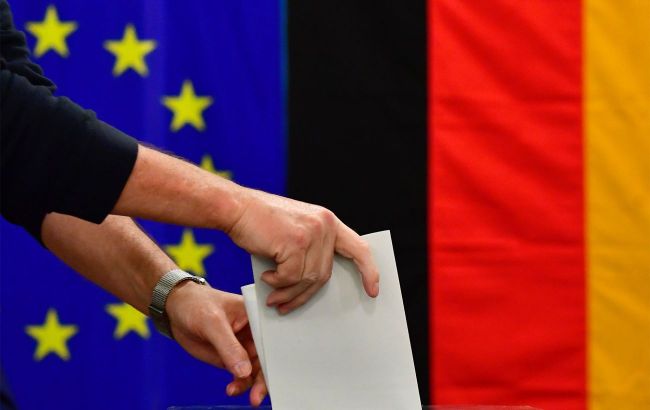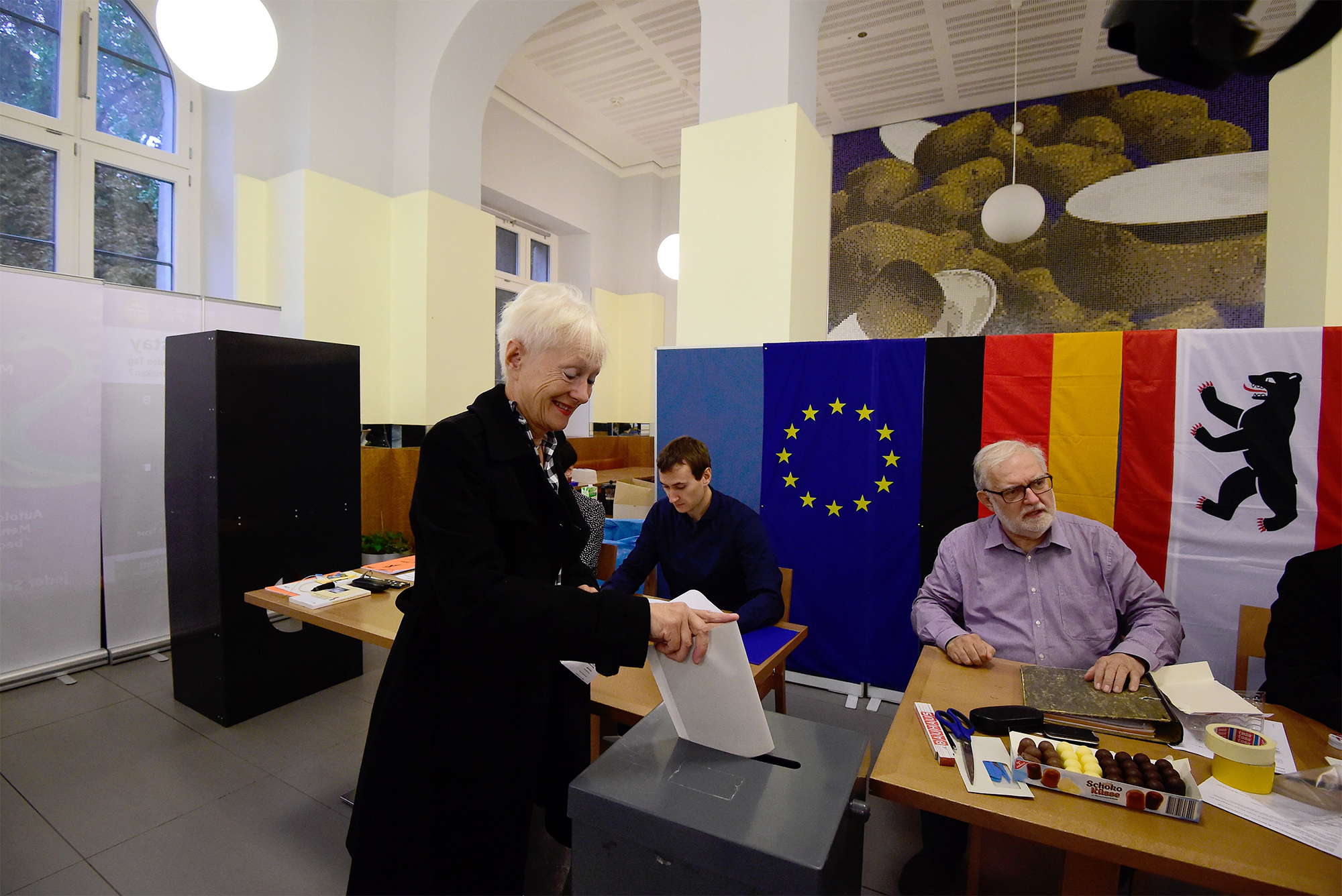European Parliament elections 2024: Voting process and eligibility explained
 Photo: European Union will hold elections for the European Parliament (Getty Images)
Photo: European Union will hold elections for the European Parliament (Getty Images)
The European Union will hold elections for the European Parliament at the beginning of June. Citizens from all 27 EU countries will vote to elect 720 MEPs representing their interests for the next five years.
More information on this year's European Parliament elections - in the RBC-Ukraine report.
Contents
- When the European Parliament elections will take place
- Who can vote in the European Parliament elections
When the European Parliament elections will take place
This year, the European Parliament elections will be held over four days. Nearly 400 million EU citizens will be able to vote from Thursday to Sunday, June 6-9.
Each EU country organizes its own European Parliament elections but must hold the vote within the designated four-day period.
This year, EU citizens will elect 720 MEPs. However, the number of MEPs elected from each EU country is agreed upon before each election and is based on the principle of degressive proportionality.
This means that each MEP from a larger EU country represents more people than an MEP from a smaller EU country. The minimum number of MEPs from any country is six, and the maximum is 96.
The number of MEPs each EU country will elect in the 2024 elections:
Germany: 96
France: 81
Italy: 76
Spain: 61
Poland: 53
Romania: 33
Netherlands: 31
Belgium: 22
Greece: 21
Czechia: 21
Sweden: 21
Portugal: 21
Hungary: 21
Austria: 20
Bulgaria: 17
Denmark: 15
Finland: 15
Slovakia: 15
Ireland: 14
Croatia: 12
Lithuania: 11
Slovenia: 9
Latvia: 9
Estonia: 7
Cyprus: 6
Luxembourg: 6
Malta: 6
Despite MEPs forming political groups in the European Parliament, of which there are currently 7, EU citizens will vote for their national parties. Therefore, the ballots in each EU country will list the national parties or party representatives participating in the elections.
Additionally, pan-European parties with groups in the European Parliament must choose their so-called lead candidate for the position of President of the European Commission. This gives voters an idea of who the party they support sees in this role and can motivate voters to vote for the national party represented by that lead candidate at the European level.
However, the newly elected European Parliament will confirm the final decision on who will lead the European Commission.
Today, on May 23, the lead candidate debates are scheduled. The following candidates have confirmed their participation:
Walter Baier (European Left);
Sandro Gozi (Renew Europe);
Ursula von der Leyen (European People's Party);
Terry Reintke (European Greens);
Nicolas Schmit (Party of European Socialists).

Photo: How EU citizens vote in the European Parliament elections (Getty Images)
Who can vote in the European Parliament elections
Citizens of EU countries can vote in the European Parliament elections, regardless of which EU country they are in on election day.
In some EU countries, non-citizens who meet certain residency conditions (for example, those who are not citizens but legally reside in an EU country) may sometimes vote in the European Parliament elections.
Each voter can only vote once in the European Parliament elections.
Since EU countries independently organize the elections, each country's voting process can vary. In some EU countries (for example, Malta), voting can only occur at polling stations, with no option to vote from abroad, while in some countries (for example, Germany), it is possible to vote by mail. In some countries, voting is conducted using open-party lists, while in others, closed-party lists are used.
For more details on voting, EU citizens can visit the special website dedicated to the European Parliament elections: elections.europa.eu.
Previously, RBC-Ukraine explained the European Parliament and its powers within the EU.
Sources: official websites of the European Union and the European Commission.

